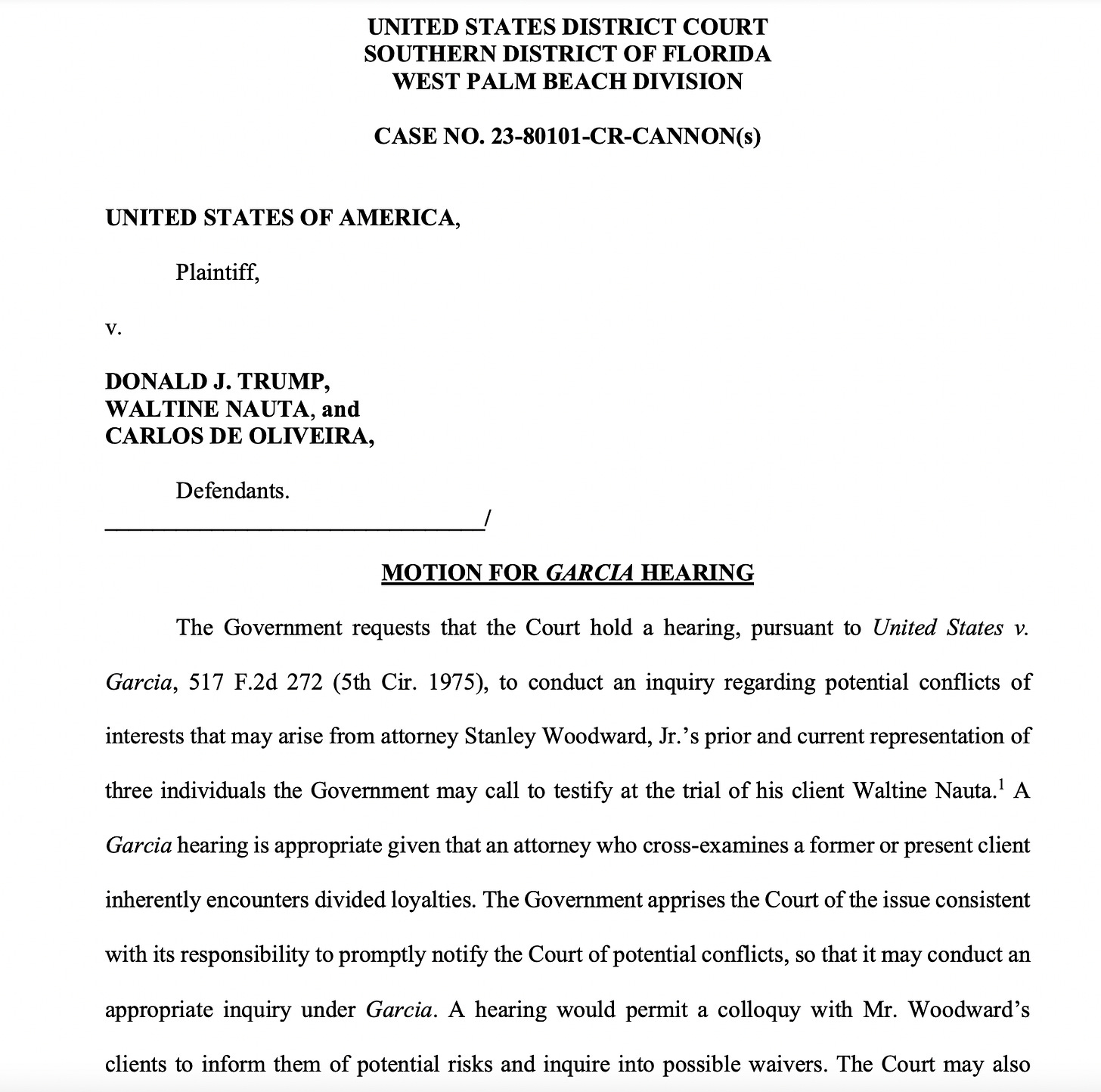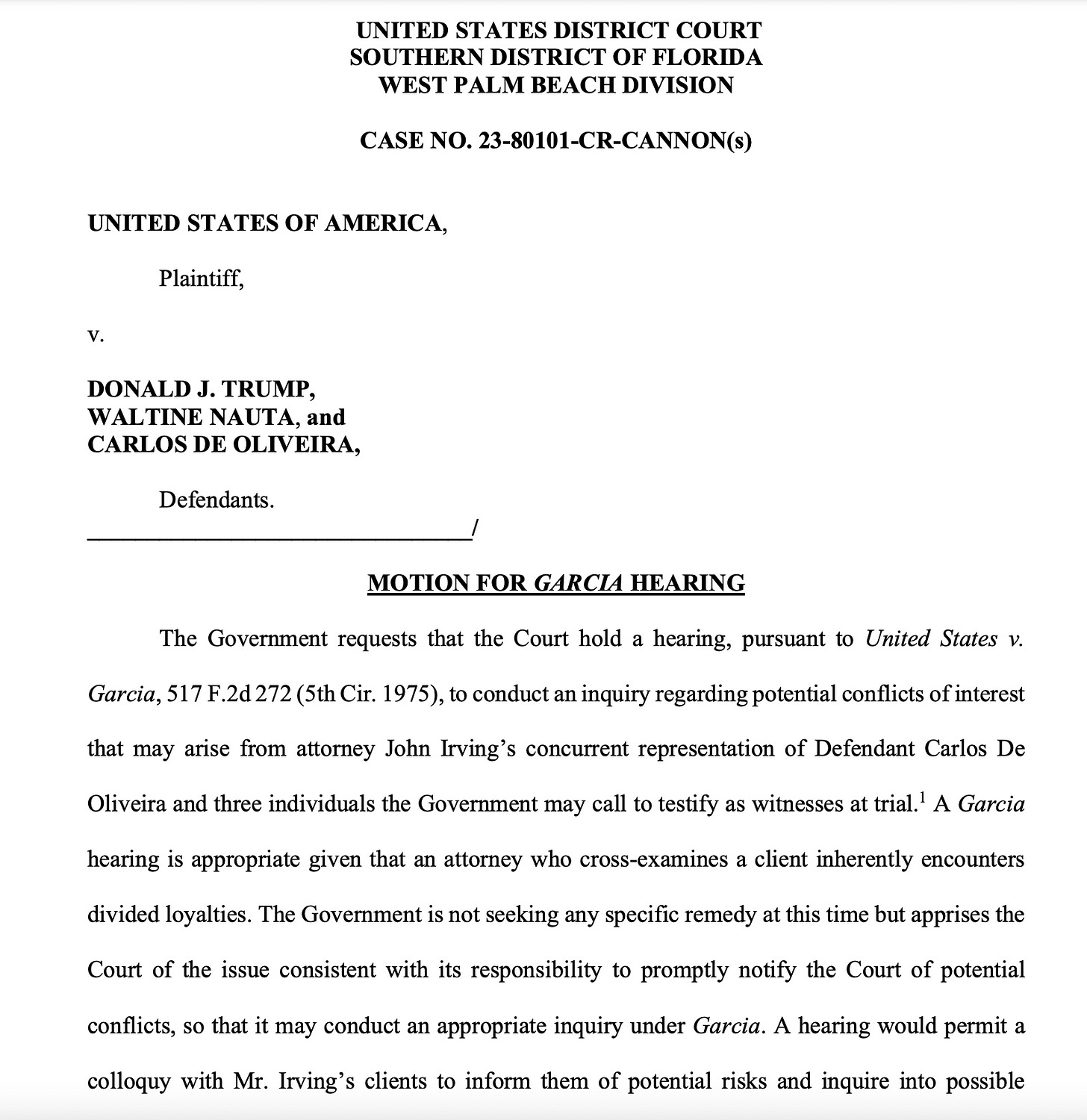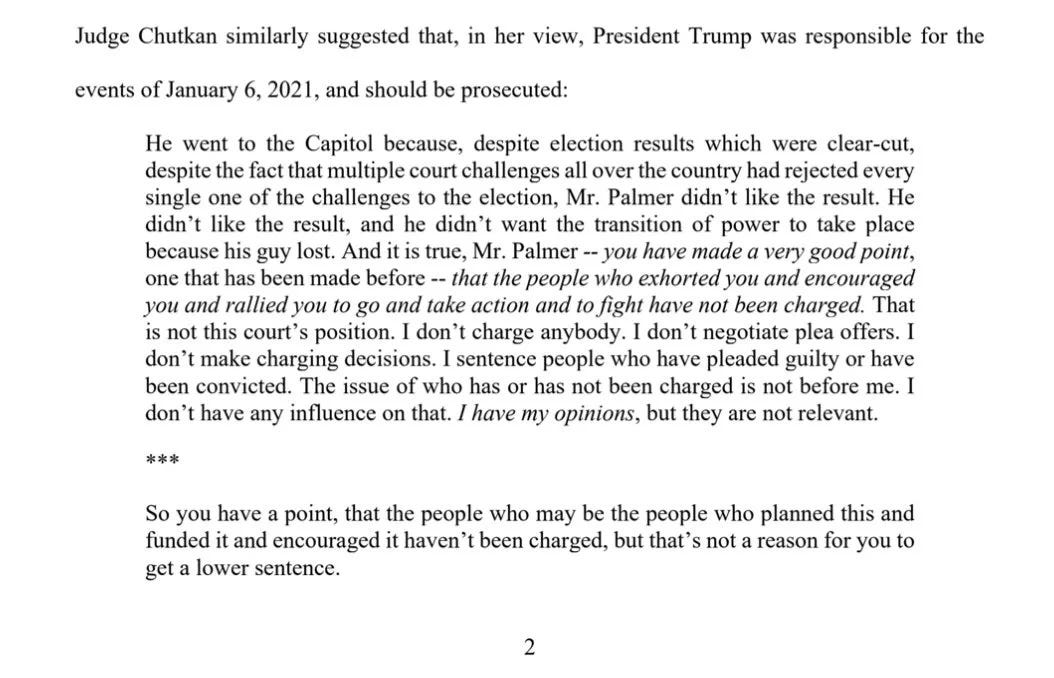Sixties Fan
Diamond Member
- Mar 6, 2017
- 57,281
- 10,913
- 2,140
- Thread starter
- #581
Follow along with the video below to see how to install our site as a web app on your home screen.
Note: This feature may not be available in some browsers.













Fear not: Raskin has the receipts. Among the 12,000 pages of subpoenaed bank records, more than 2,000 pages of suspicious activity reports, and multiple witnesses interviewed, including two former business associates of Hunter Biden, Republicans have found:In that case, we can form an obvious judgment on their investigation: it has been a complete and total bust—an epic flop in the history of congressional investigations. The voluminous evidence they have gathered, including thousands of pages of bank records and suspicious activity reports and hours of testimony from witnesses, overwhelmingly demonstrates no wrongdoing by President Biden and further debunks Republicans’ conspiracy theories.
It goes on. Those are six of the 19 bullet points Raskin assembles to show that even many prominent Republicans don’t think Comer has assembled enough evidence to impeach Biden.
- Breitbart editor Emma Jo-Morris criticized Chairman Comer for promoting bribery allegations against President Biden even though he has “not shown [proof] to the public,” while Steve Bannon also lambasted Chairman Comer for failing to provide evidence to support his bribery allegations, saying of Chairman Comer, “You’re not serious. It’s all performative.” [...]
- Rep. Don Bacon acknowledged that Republicans have failed to prove any wrongdoing by President Biden, “If you wanna get any progress in the Senate, you’re gonna have to show not potential wrongdoing, but wrongdoing. I don’t think we’re there yet.” Rep. Bacon also said that he thinks “we need to have more concrete evidence to go down” the impeachment inquiry path.
- Sen. Ron Johnson conceded that Republicans have not found any “direct evidence” or “hard proof” of wrongdoing by President Biden. [...]
- Sen. Shelley Moore Capito said, “I don’t know what the basis of this call for impeachment is. It just sounds like a lot of noise to me.” Sen. Capito also responded "I do not" when asked if she thinks there is evidence to support an impeachment.
- Sen. Mitt Romney acknowledged, “I haven’t seen any evidence” that meets the “constitutional test for impeachment.” [...]
- An anonymous GOP lawmaker offered the following assessment to CNN: “There’s no evidence that Joe Biden got money, or that Joe Biden, you know, agreed to do something so that Hunter could get money. There’s just no evidence of that. And they can’t impeach without that evidence. And I don’t I don’t think the evidence exists.”

